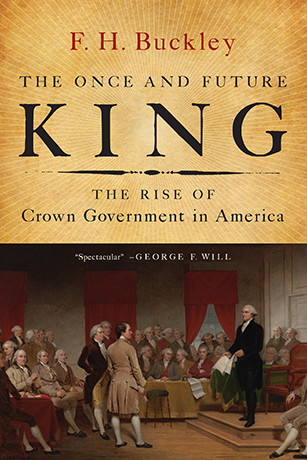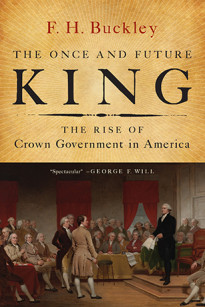This remarkable book shatters just about every myth surrounding American government, the Constitution, and the Founding Fathers, and offers the clearest warning about the alarming rise of one-man rule in the age of Obama.
Most Americans believe that this country uniquely protects liberty, that it does so because of its Constitution, and that for this our thanks must go to the Founders, at their Convention in Philadelphia in 1787.
F. H. Buckley’s book debunks all these myths. America isn’t the freest country around, according to the think tanks that study these things. And it’s not the Constitution that made it free, since parliamentary regimes are generally freer than presidential ones. Finally, what we think of as the Constitution, with its separation of powers, was not what the Founders had in mind. What they expected was a country in which Congress would dominate the government, and in which the president would play a much smaller role.
Sadly, that’s not the government we have today. What we have instead is what Buckley calls Crown government: the rule of an all-powerful president. The country began in a revolt against one king, and today we see the dawn of a new kind of monarchy. What we have is what Founder George Mason called an “elective monarchy,” which he thought would be worse than the real thing.
Much of this is irreversible. Constitutional amendments to redress the balance of power are extremely unlikely, and most Americans seem to have accepted, and even welcomed, Crown government. The way back lies through Congress, and Buckley suggests feasible reforms that it might adopt, to regain the authority and respect it has squandered.





